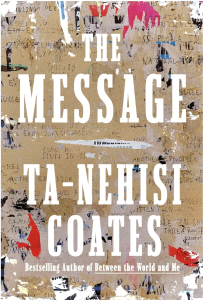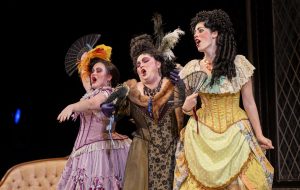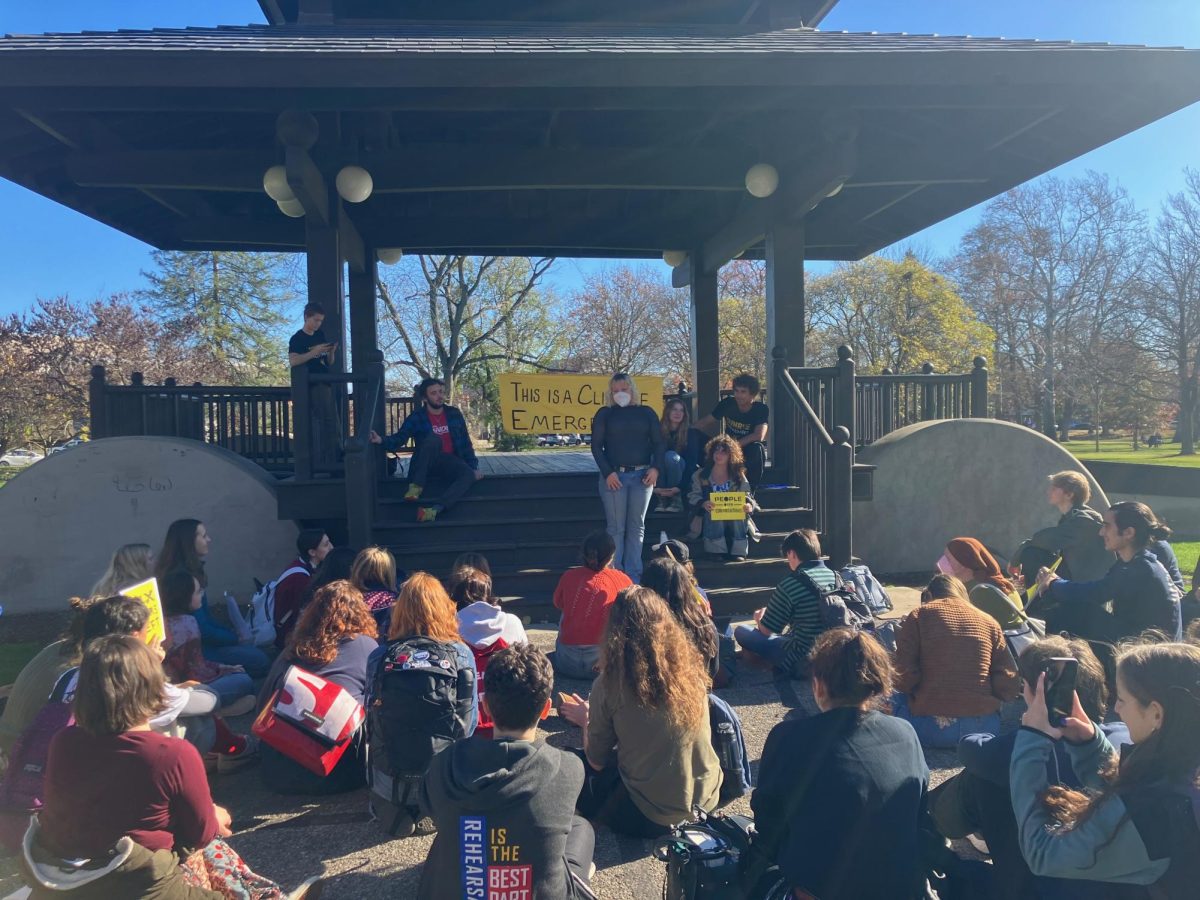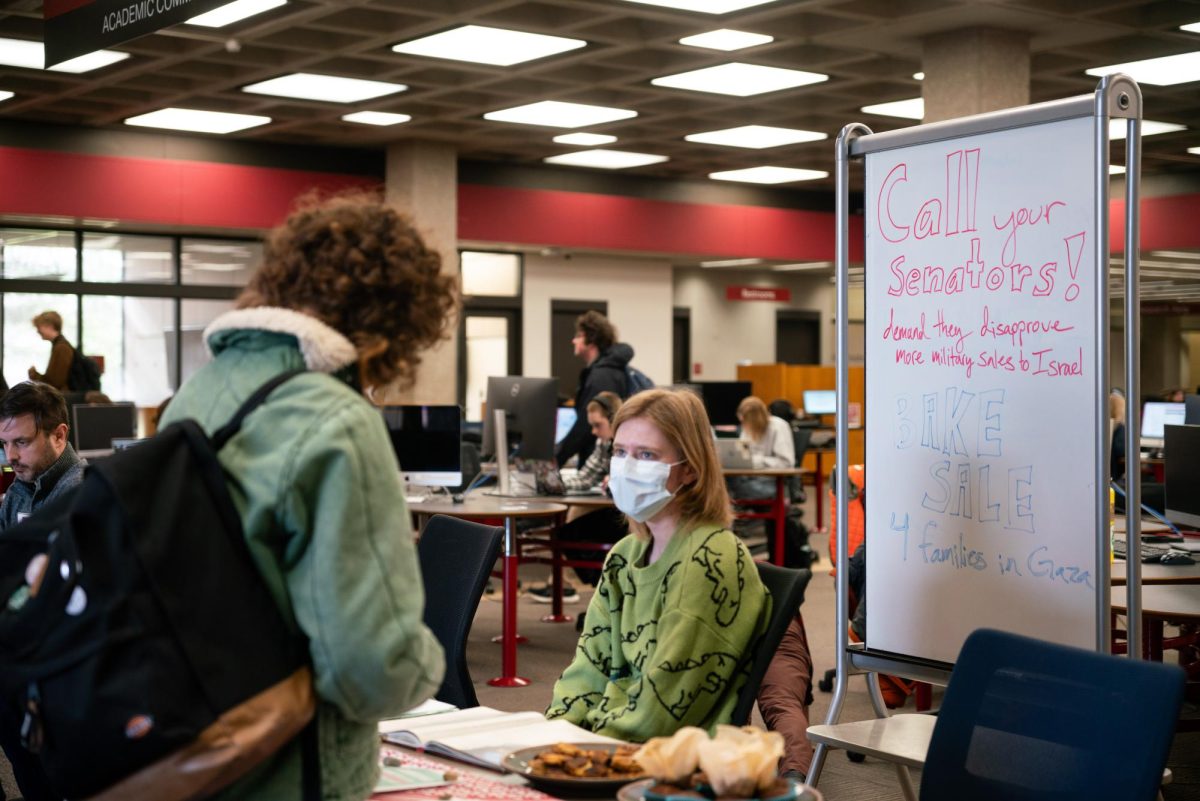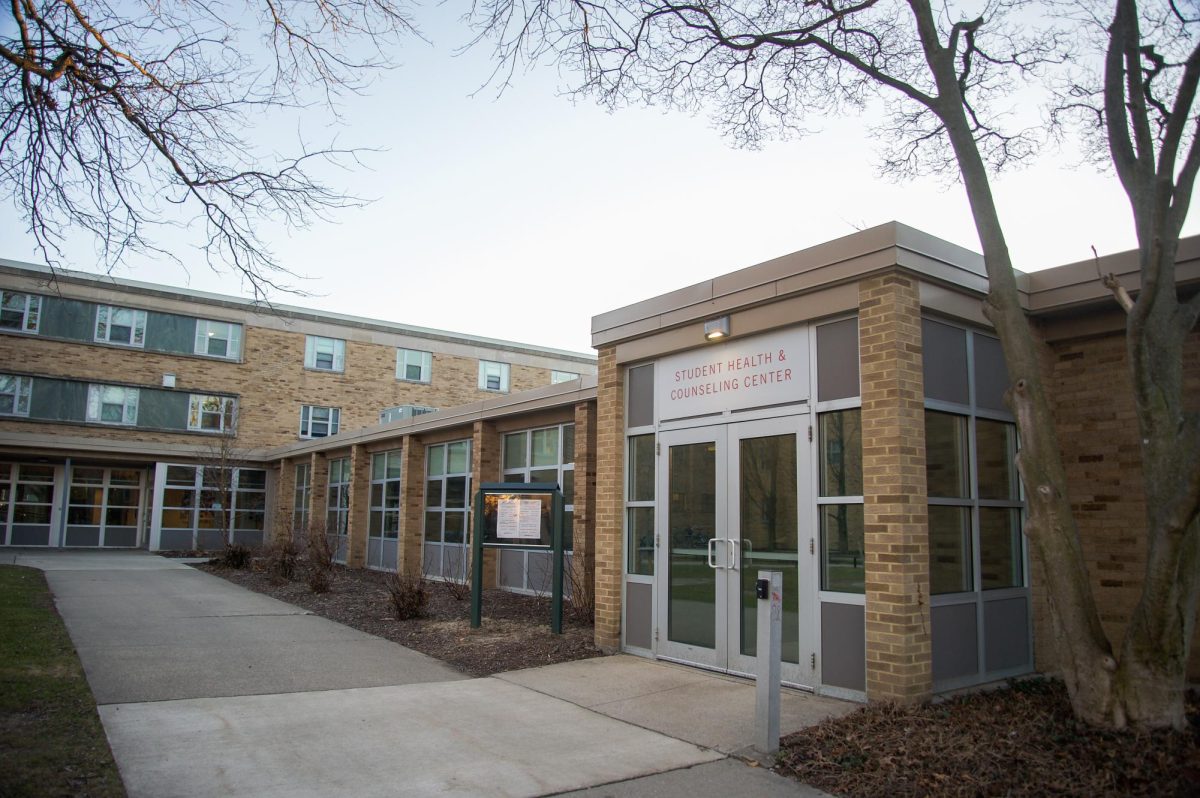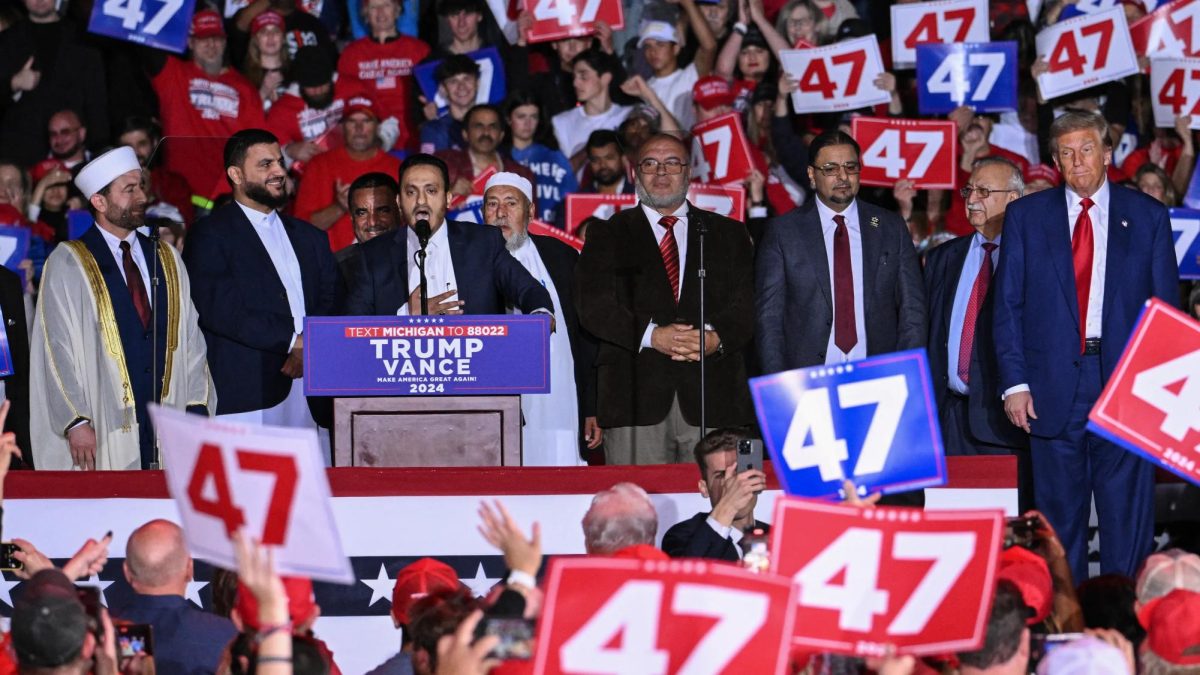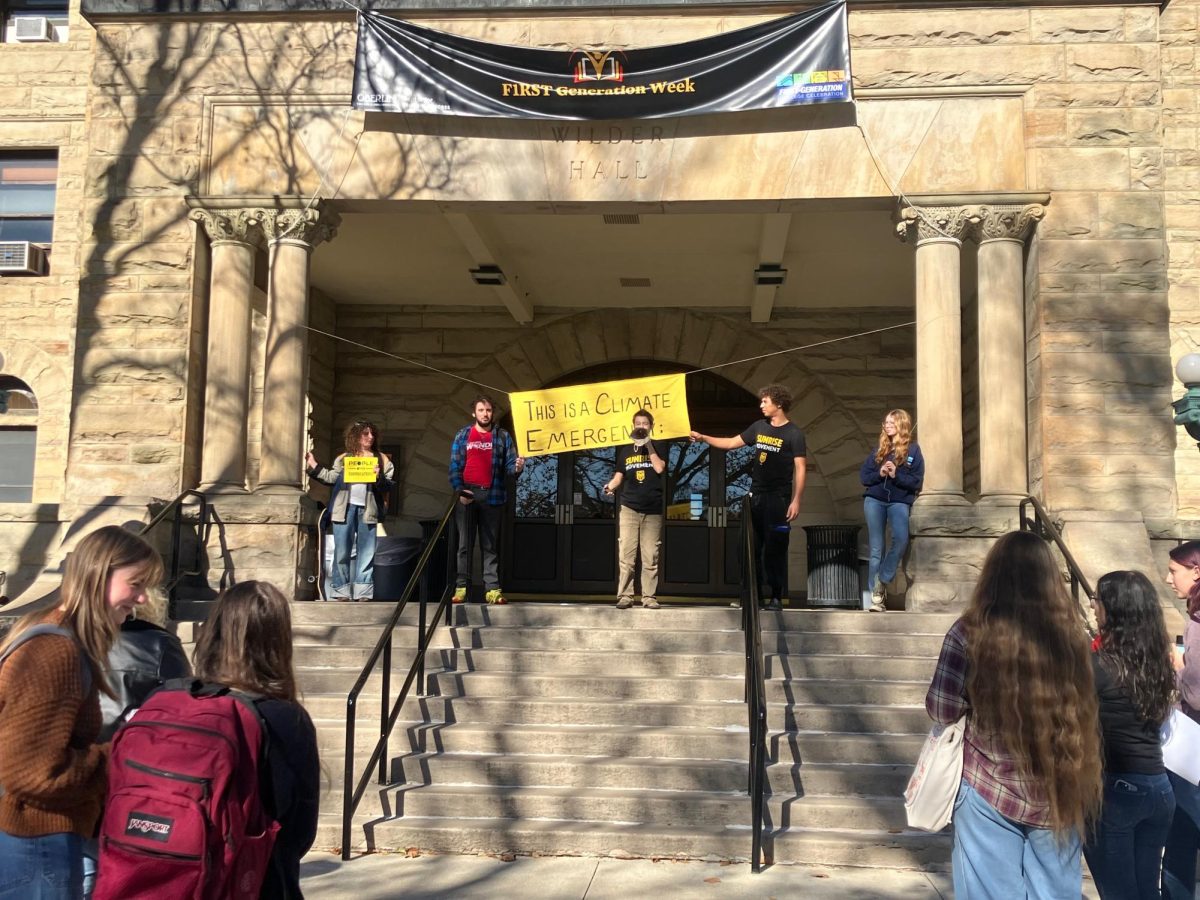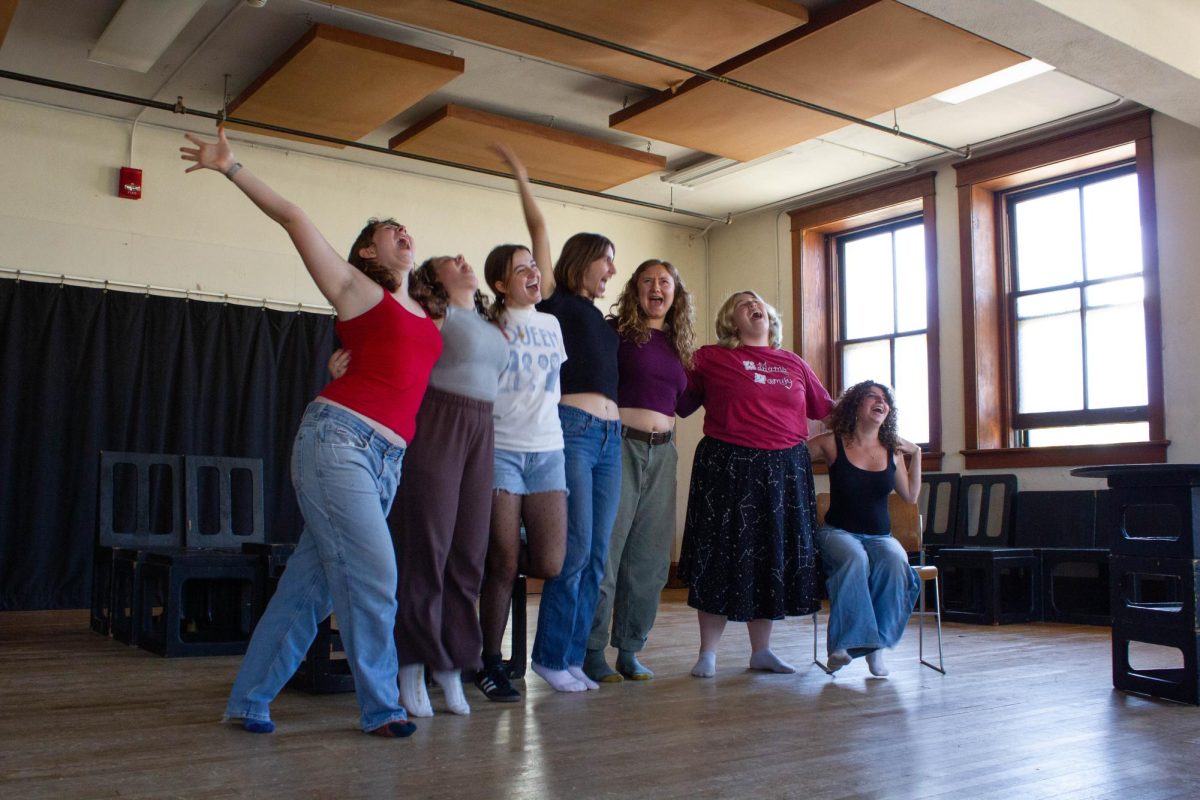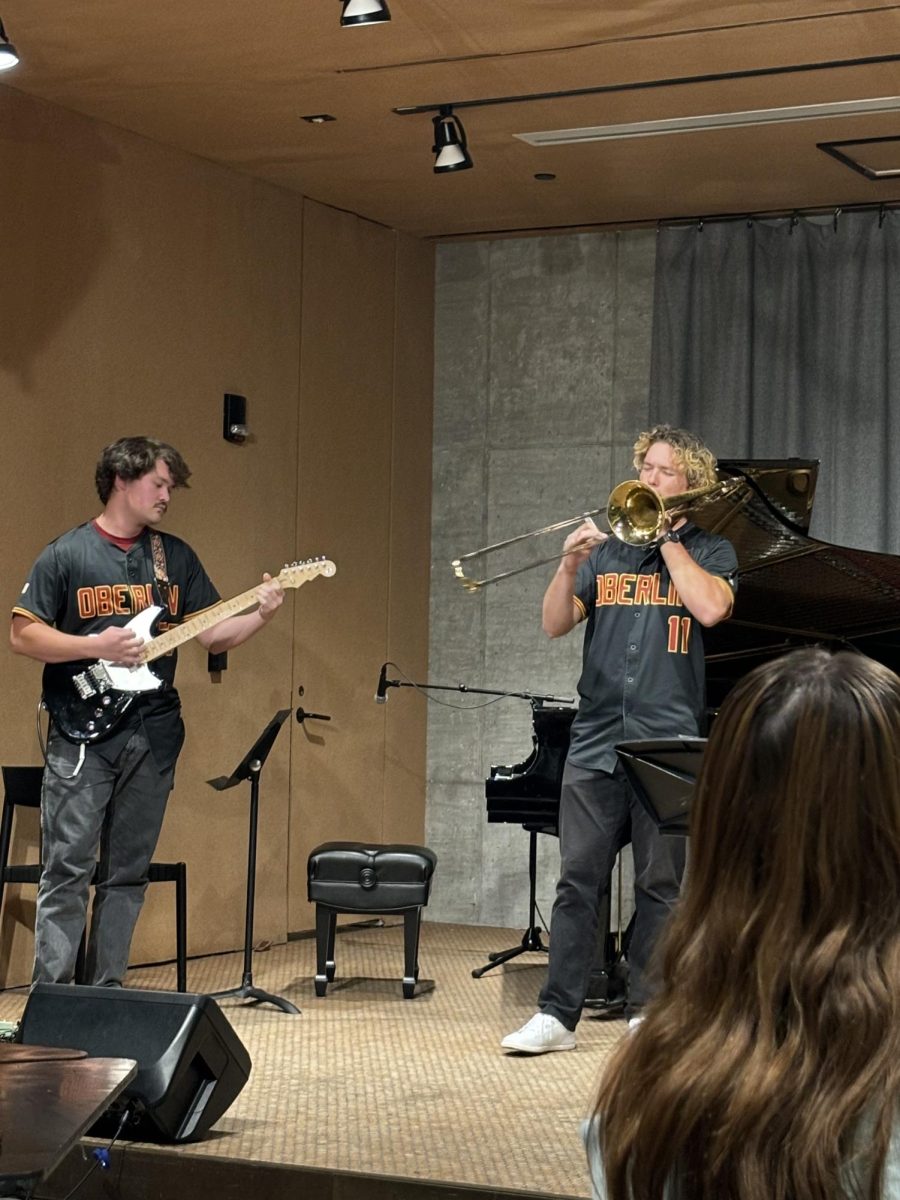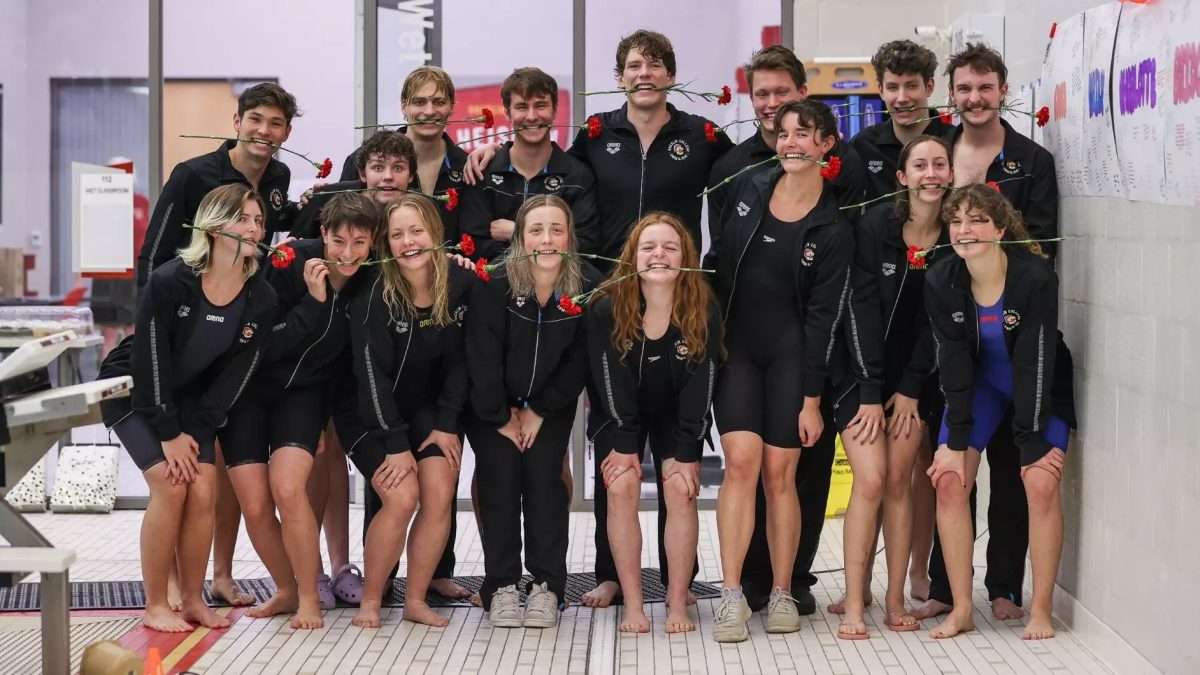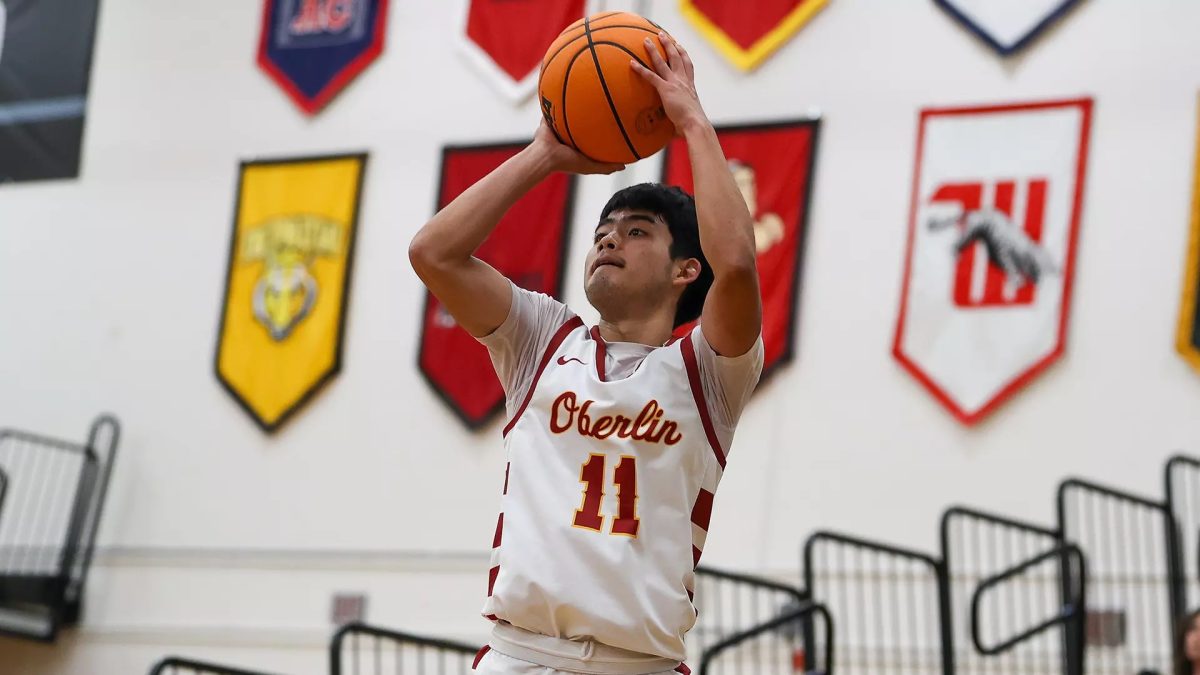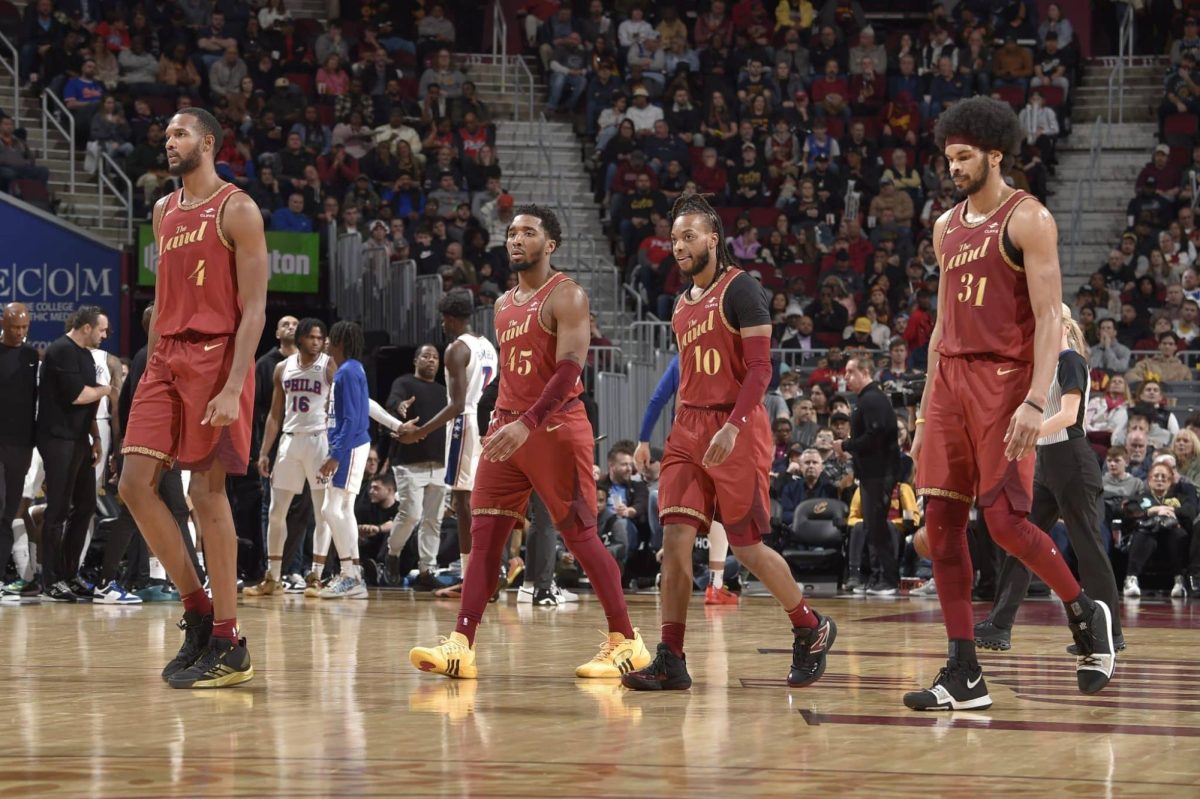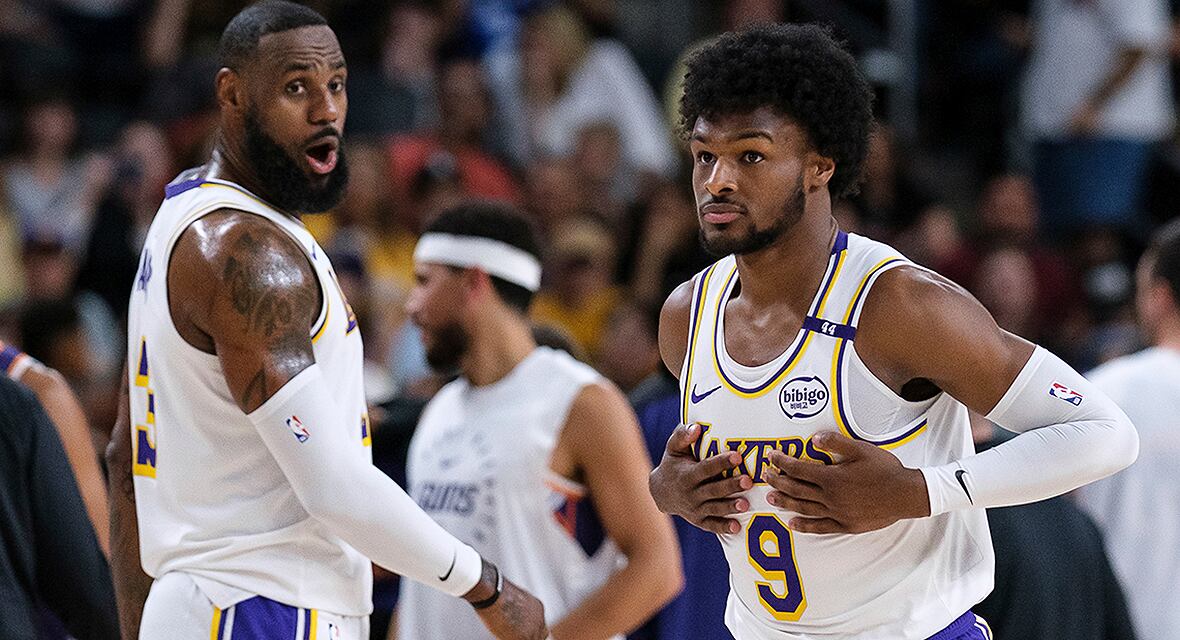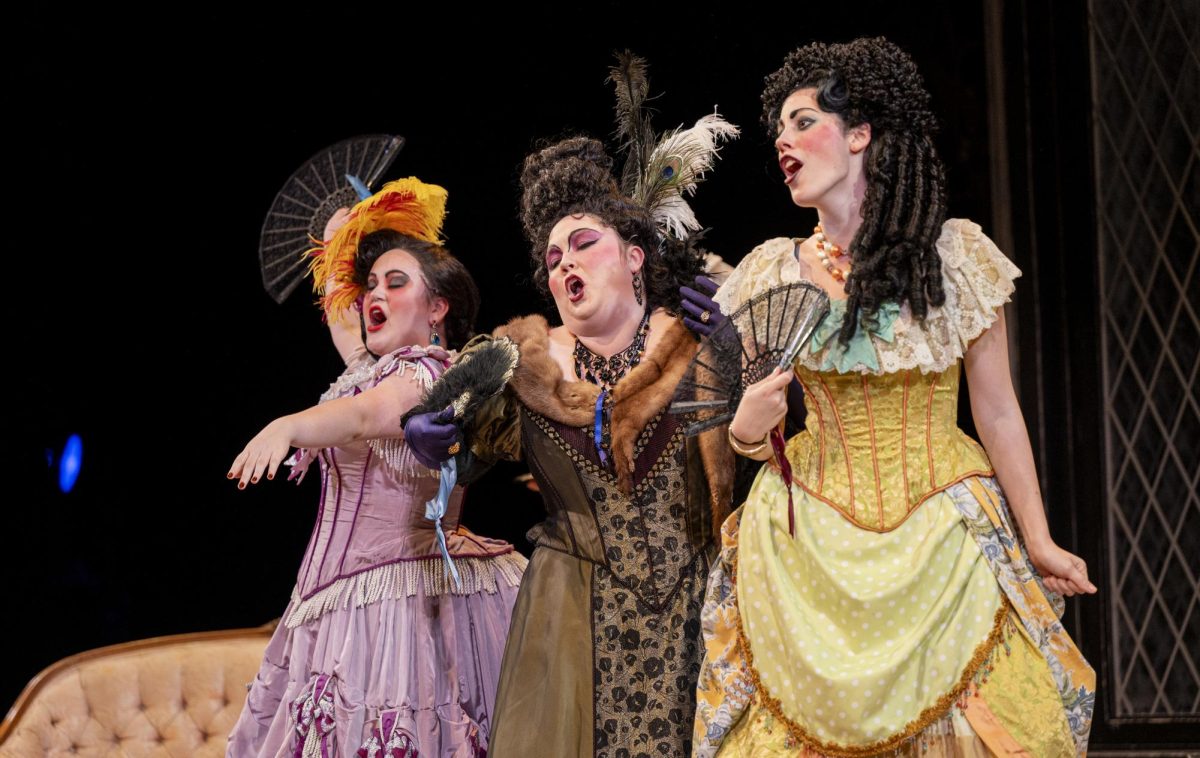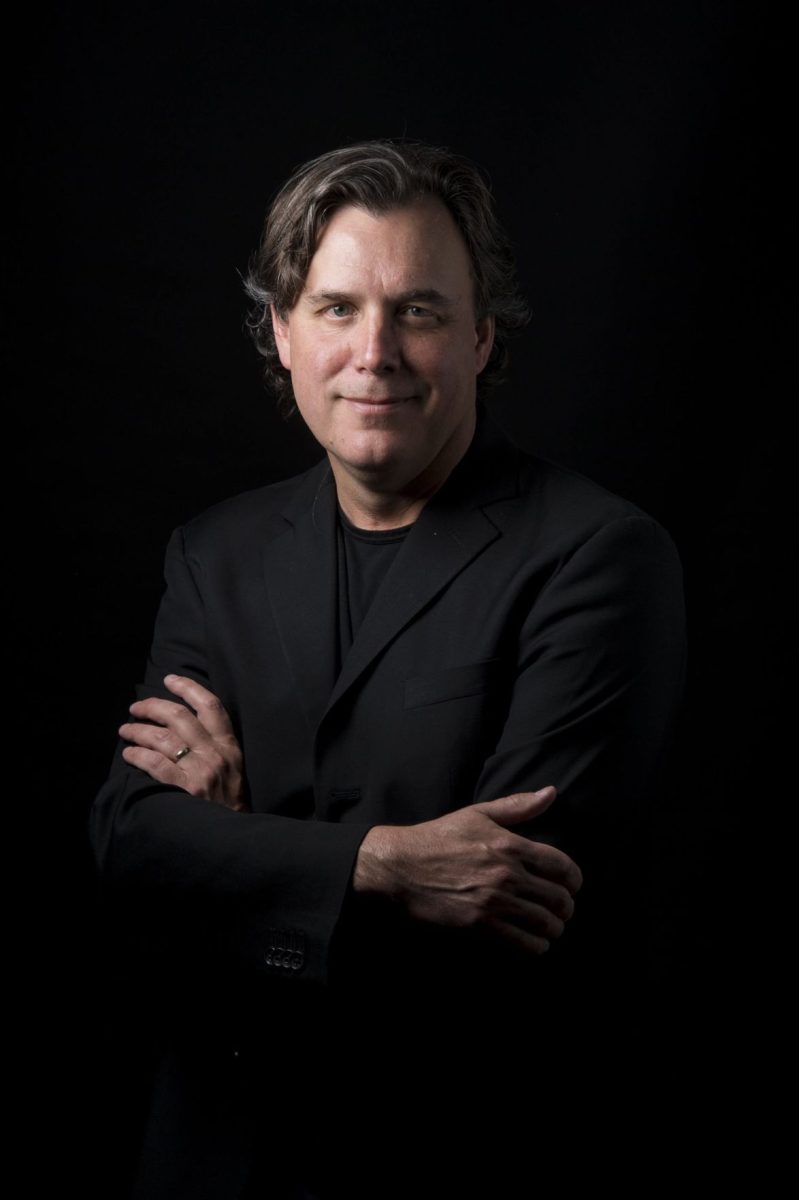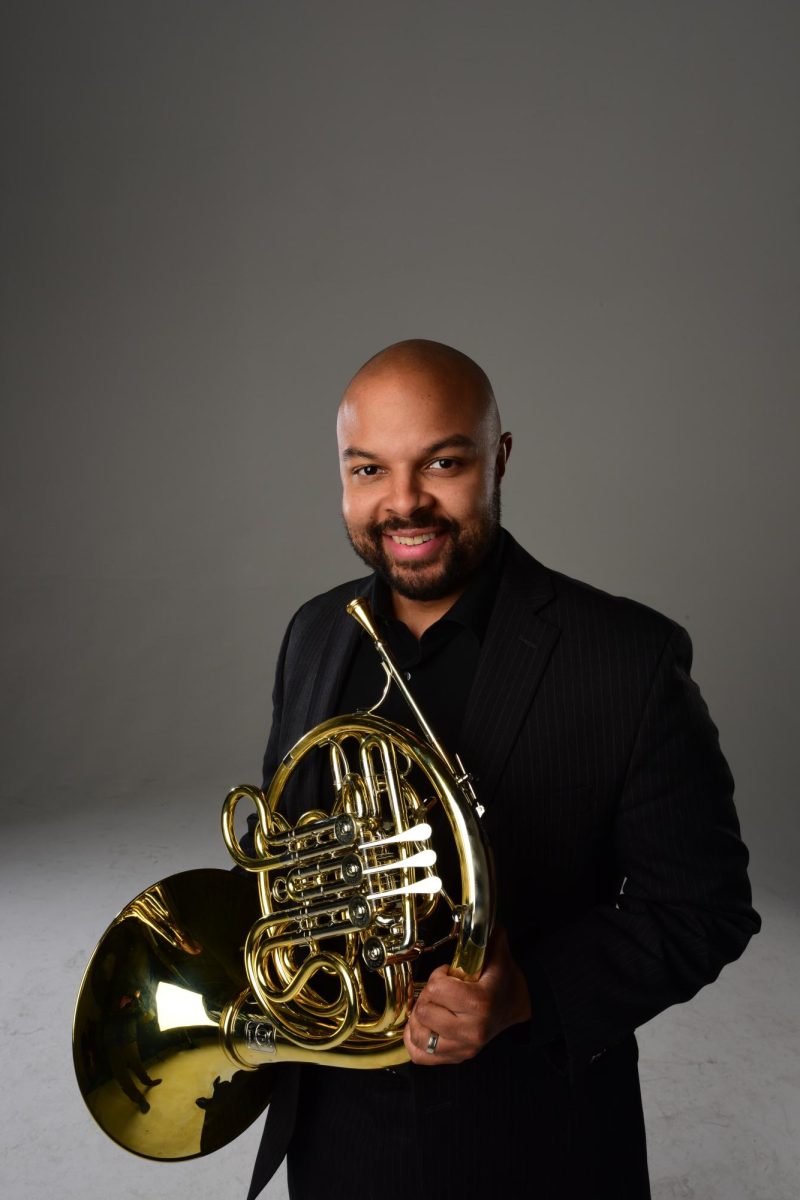Athletics Department Adopts New Trans* Policy
May 2, 2014
Oberlin’s Transgender Participatory Advisory Commit- tee has drafted a new set of athletic guidelines that requires inclusion and improved conditions for current and future trans* athletes.
In late 2011, the NCAA established its own guidelines for trans* athletes. Almost immediately, the College formed a committee to examine those guidelines and institute them at Oberlin.
The most significant proposed changes are in the language of Oberlin’s policy, which now reflects the complexity of different gender identities. Students arguing for revision initially provoked the policy change, in keeping with Oberlin’s demonstrated interest in issues of gender and sexuality.
“The draft has not only helped change language, but we’ve worked very hard to make the procedures for a trans*gender student to get over the hurdles and participate [in athletics],” said Director of Recreation and Club Sports Betsy Bruce, who sits on the committee as the senior female administrator.
According to Emily Clarke, College senior and former member of the Oberlin Rhinos, the women and trans*-inclusive rugby team, the new guidelines largely relate to pronouns and allyship.
“There’s the language change around pronouns, there was getting away from the language of ‘allowed,’ there was a change of the person contacted; we’ve put in stronger language about advocates being allowed to participate [to] whatever extent the student wishes,” said Clarke.
The new policy streamlines the process for incoming students who, instead of dealing with copious amounts of paperwork, medical records and personnel, are now only required to consult with a compliance officer. This measure is designed to allow students to keep their identity as a trans* athlete private if they choose to do so.
When the NCAA finally released guidelines in 2011, Bates College and Grinnell College were the first undergraduate institutions to issue trans*-inclusive guidelines for varsity athletics and club sports. Oberlin used those two institutions’ policies as models for creating their own.
“Other people had been thinking this through and we knew we had to do [something], ASAP,” Bruce said. “We used those two institutions’ policies to craft our own; we did a lot of lifting, which is fine. We went to a dean and asked for a faculty rep, Interim Director of the Multicultural Resource Center A.C. Stokes, [and] we’ve had somebody from the MRC on it.”
When asked about the potential impact on campus culture, Clarke said she hopes trans* students will develop a greater sense of comfort.
“I know there are transgender students on campus, and I would love to make this easier for someone to feel comfortable on playing on an intercollegiate team or a club sport,” said Clarke.
“We’ve been working on policy for that as well,” Clarke added. “Oberlin is fairly progressive; we have more transgender students than a typical college would, and I’d hope that we are a welcoming and safe space for those students.”
Clarke was a member of the panel at last Thursday’s forum seeking feedback on the committee’s mission of inclusivity.
“We’re meeting again Friday to talk about what happened at the forum,” Clarke said. “I think it has to go through General Faculty by the end of the semester. I don’t know if that will happen. I think definitely in the fall, and we can kind of go back to the club sports policy.”
While these guidelines are receiving a largely positive response from the student body, they remain in the planning stages. Since the draft still has several hurdles to clear between faculty members and deans, it is likely that these new guidelines will be implemented in the fall of 2015.




